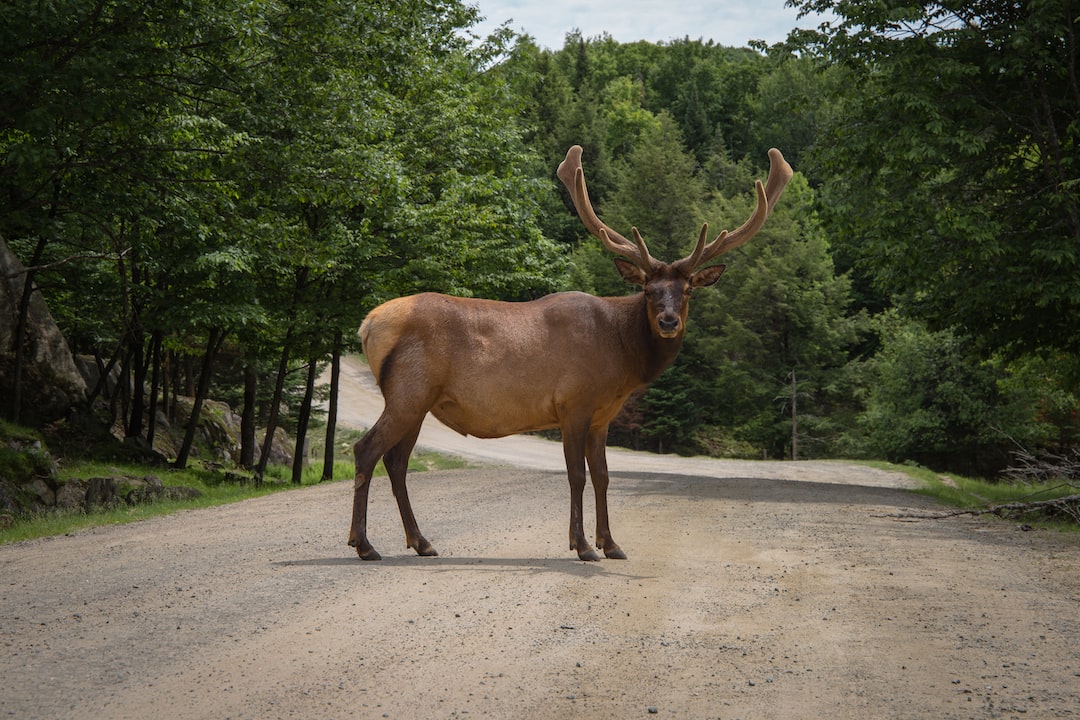Caring for Horses: The Essentials of Equine Health and Wellness
Owning a horse is a fulfilling experience that comes with great responsibility. Just like any other animal, horses require proper care in order to maintain their health and well-being. In this blog post, we will discuss the essentials of equine health and wellness to help you become a knowledgeable and responsible horse owner.
1. Proper Nutrition:
Nutrition is the foundation of a horse’s overall health and well-being. It is important to provide your horse with a balanced diet that meets their specific nutritional needs. Horses are herbivores and their diet should primarily consist of good quality hay or pasture along with a small amount of concentrates such as grain and supplements. Regular access to fresh and clean water is also crucial for their hydration. Consult with a veterinarian or equine nutritionist to create a diet plan tailored to your horse’s age, breed, size, and activity level.
2. Regular Exercise:
Just like humans, horses need regular exercise to stay physically fit and mentally stimulated. Turnout time in a pasture is highly recommended as it allows your horse to move freely, graze, and socialize with other horses. Additionally, regular riding or driving activities help maintain their cardiovascular fitness and keep their muscles strong and supple. However, remember to gradually increase the intensity and duration of exercise to avoid overworking your horse and risking injury.
3. Veterinary Care:
Regular veterinary care is essential for maintaining your horse’s health. Schedule routine check-ups with a trusted equine veterinarian for vaccinations, dental care, and overall wellness examinations. Vaccinations protect horses from common diseases such as influenza, tetanus, and West Nile virus. Dental check-ups are crucial to ensure proper teeth alignment, which is vital for effective chewing, digestion, and overall comfort. Additionally, regular deworming is necessary to control internal parasites. Consult with your veterinarian to create a vaccination, dental, and deworming schedule tailored to your horse’s specific needs.
4. Hoof Care:
Proper hoof care is essential for your horse’s soundness and mobility. Regular hoof care includes trimming and balancing the hooves, proper shoeing, and regular inspections for signs of hoof issues such as cracks, thrush, or abscesses. Establish a good relationship with a skilled farrier who can provide regular hoof maintenance and address any hoof-related problems.
5. Grooming:
Regular grooming not only keeps your horse looking clean and presentable but also helps maintain their overall health. Grooming includes brushing the coat to remove dirt, debris, and loose hair, as well as cleaning the hooves, ears, and eyes. Regular grooming sessions allow you to check for any abnormalities or injuries that require immediate attention. Additionally, grooming helps promote bonding between you and your horse, creating a stronger partnership.
6. Environmental Safety:
Creating a safe and comfortable environment is crucial for your horse’s health and wellness. Make sure their stable or shelter has proper ventilation, is free from sharp objects, and provides adequate protection from extreme weather conditions. Regularly inspect fences and gates to ensure they are secure and free from any hazards. Additionally, provide your horse with access to shade and clean bedding such as straw or shavings.
7. Mental Stimulation:
Horses are social animals and thrive on mental stimulation. Provide your horse with companionship by housing them with other horses, if possible. Regular interaction and grooming sessions not only strengthen the bond between you and your horse but also enhance their mental well-being. Additionally, consider providing them with toys or activities that encourage problem-solving and mental engagement.
In conclusion, caring for horses requires knowledge, dedication, and a commitment to their health and well-being. By providing proper nutrition, regular exercise, and veterinary care, as well as ensuring hoof care, grooming, and a safe environment, you are giving your horse the essentials needed for a healthy and happy life. Remember, being a responsible horse owner means continuously educating yourself, staying informed on the latest equine care practices, and seeking professional advice when needed.

